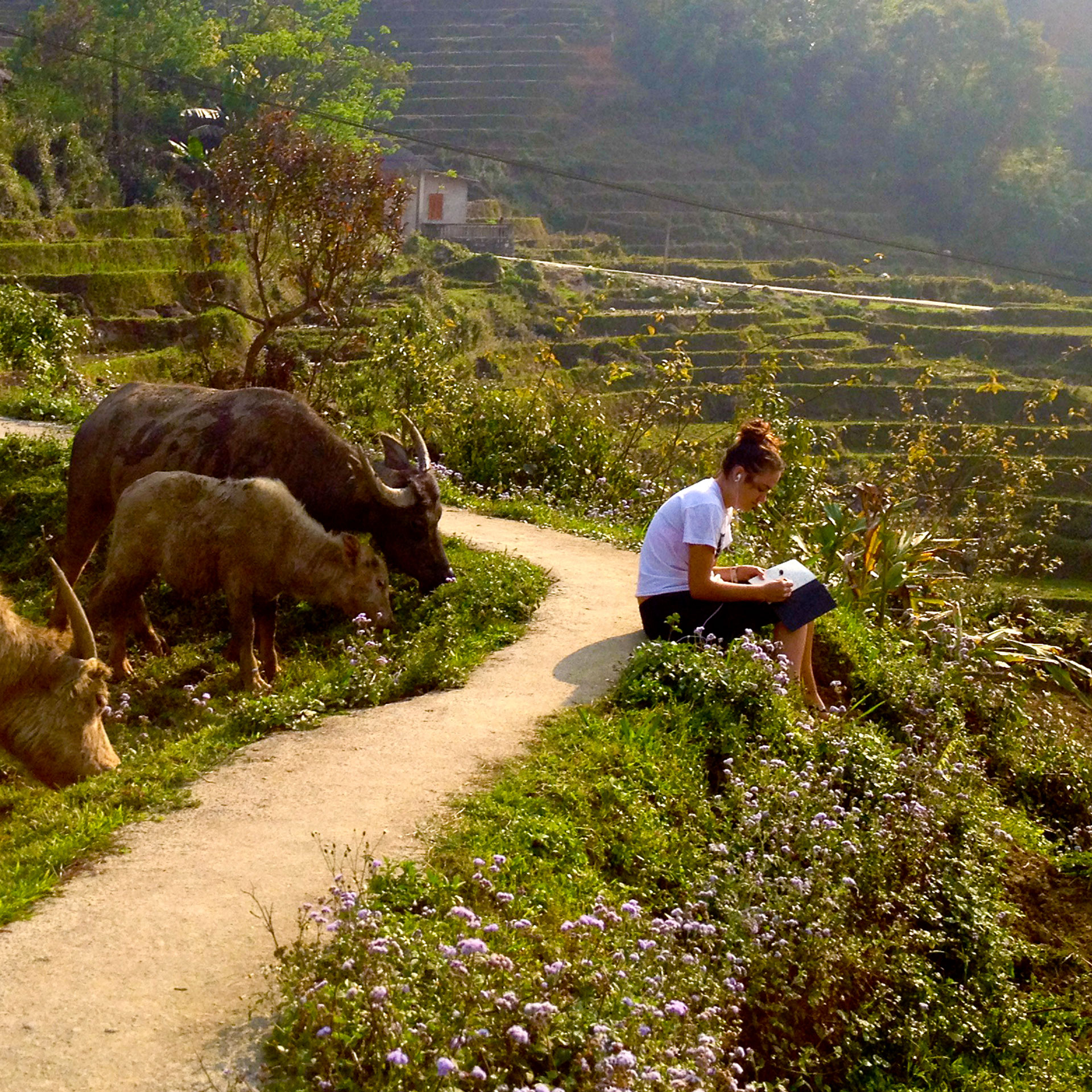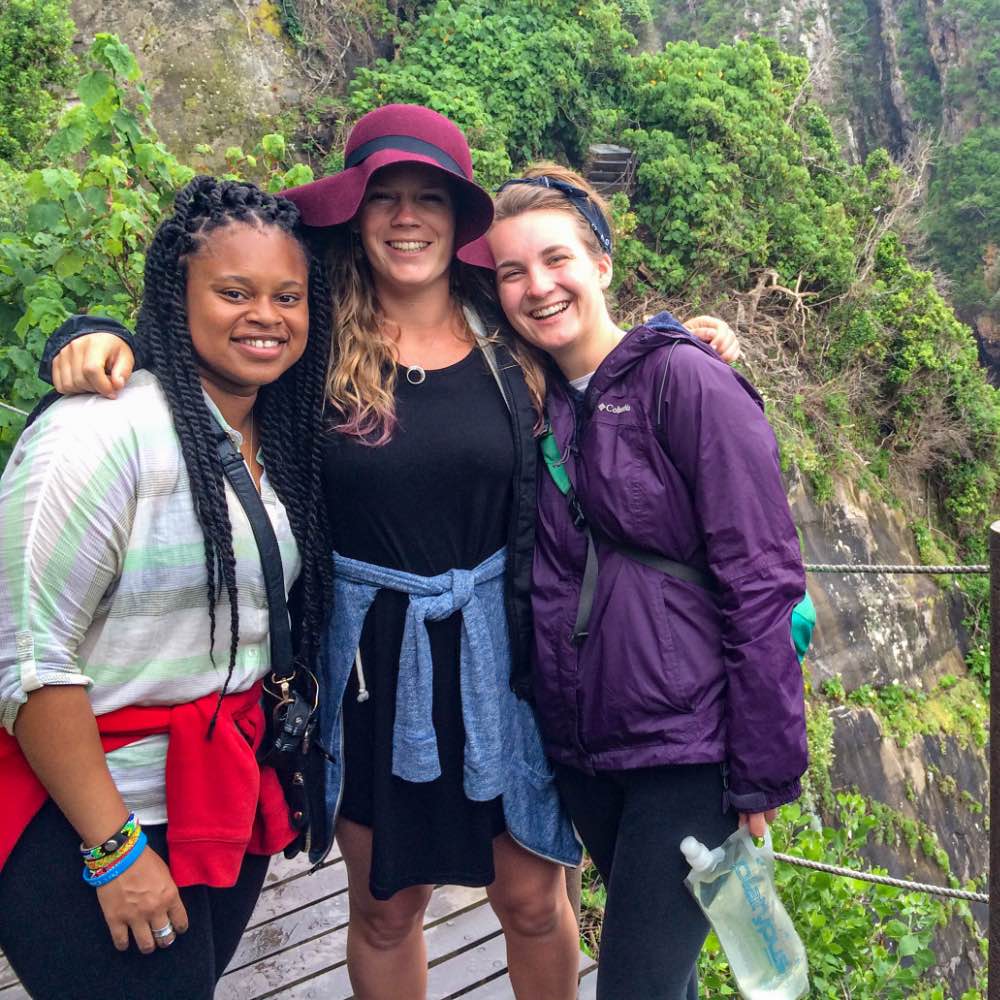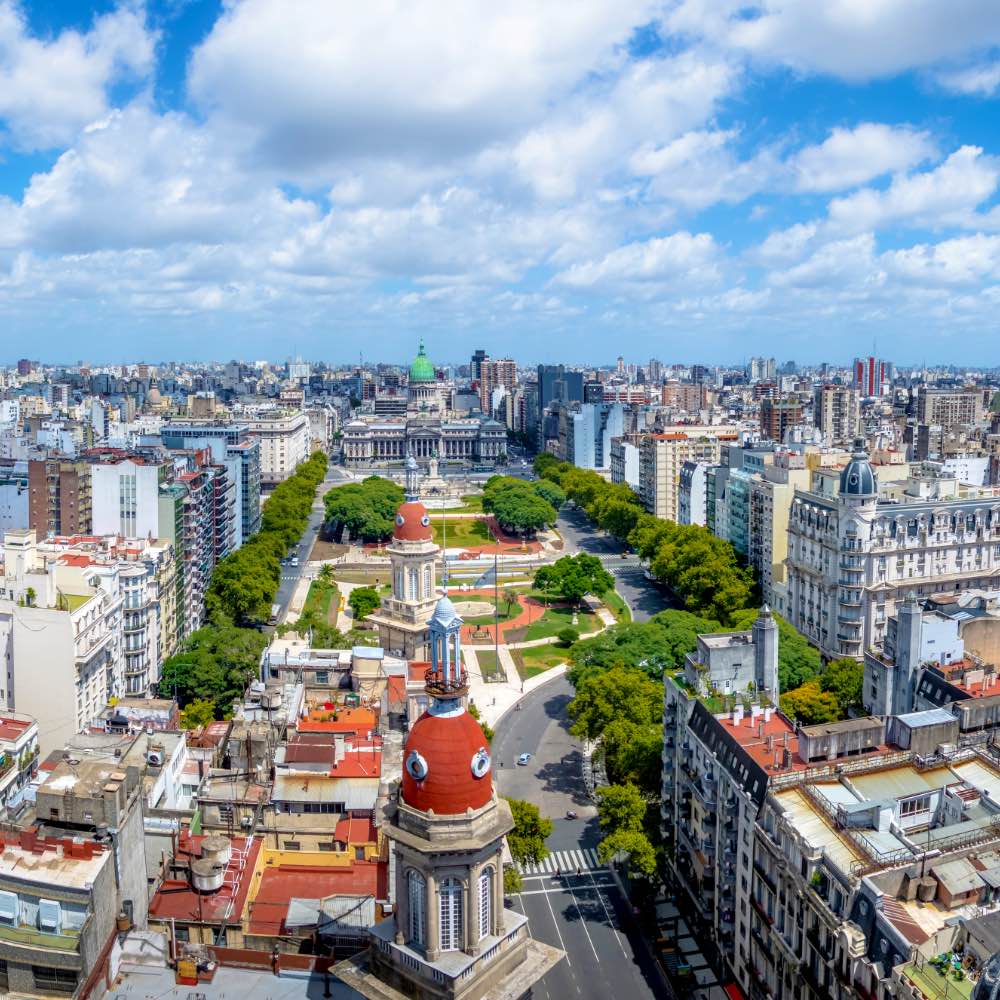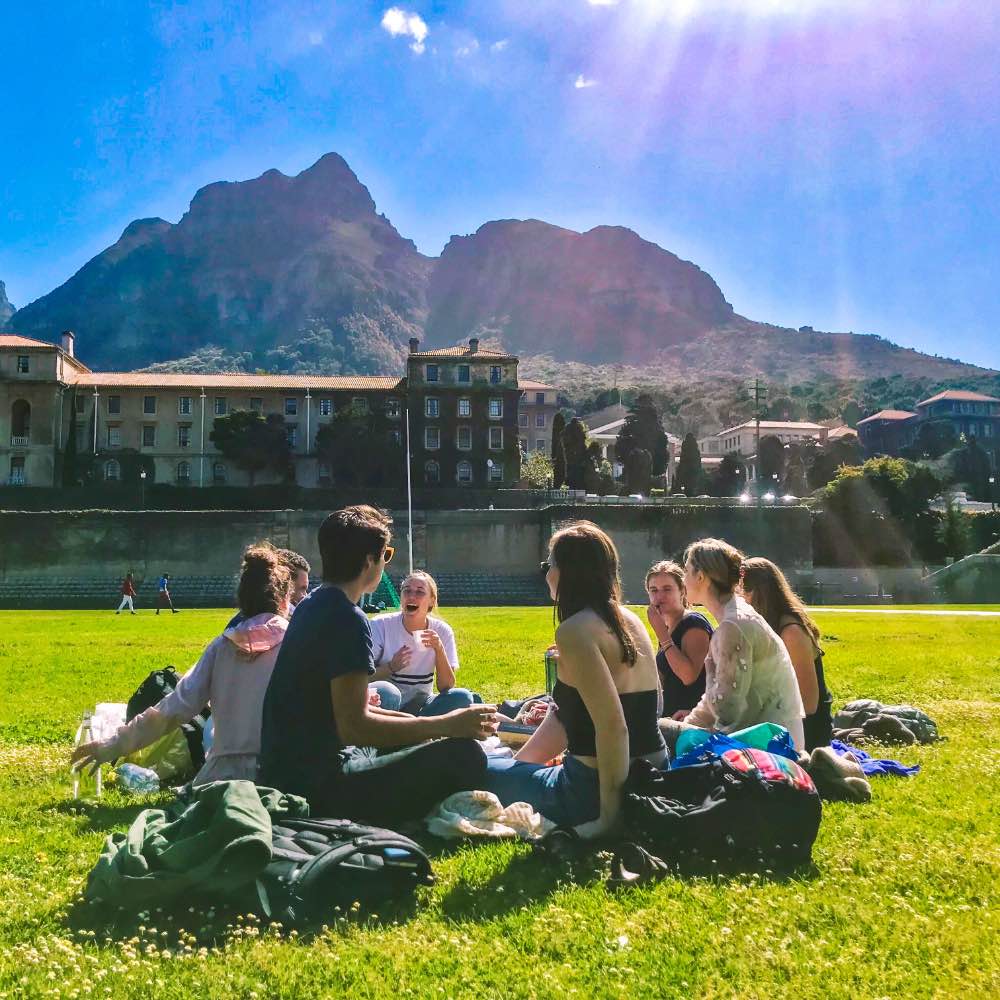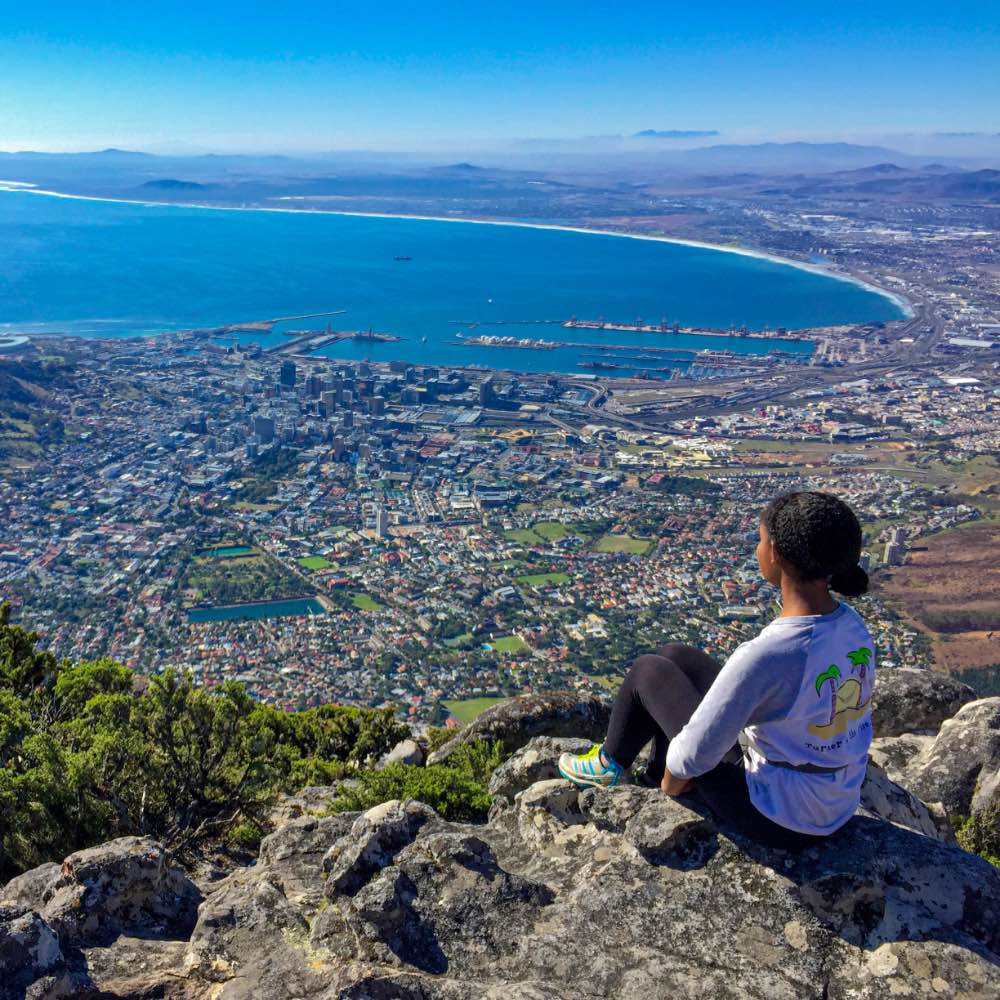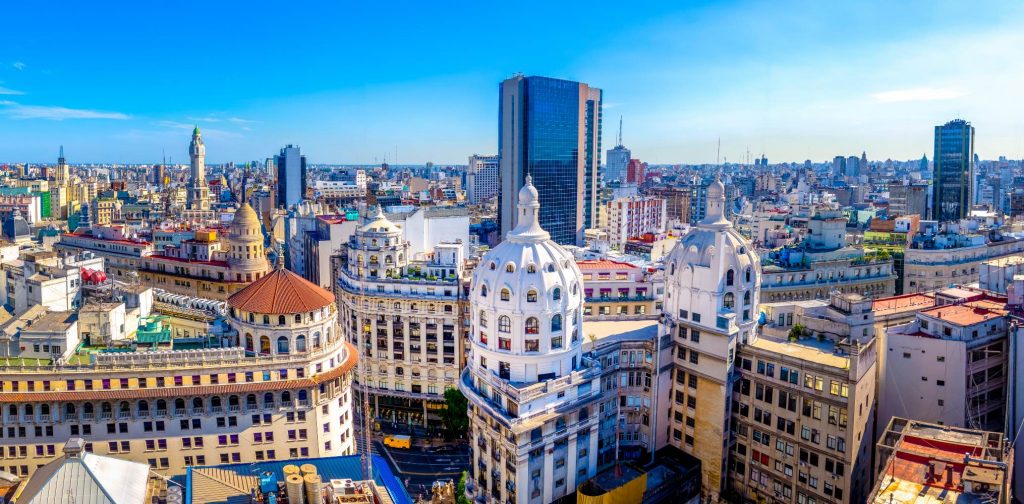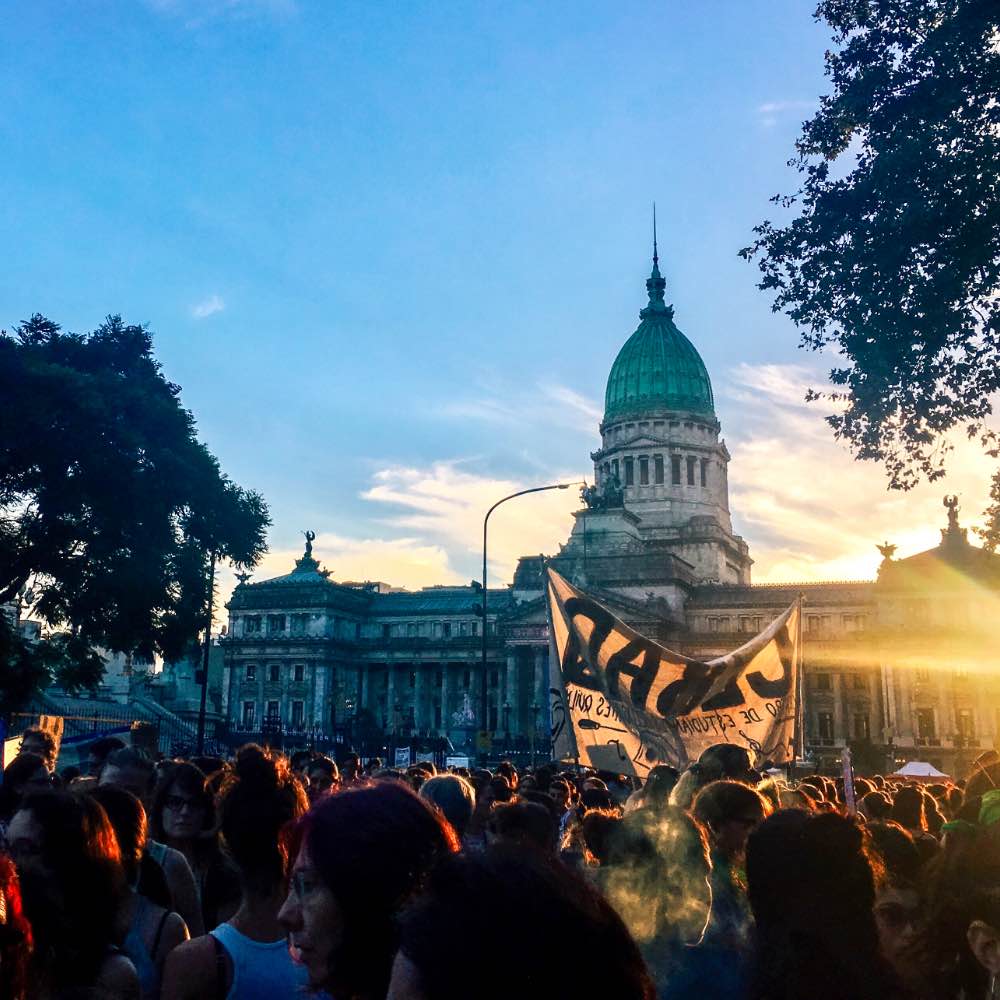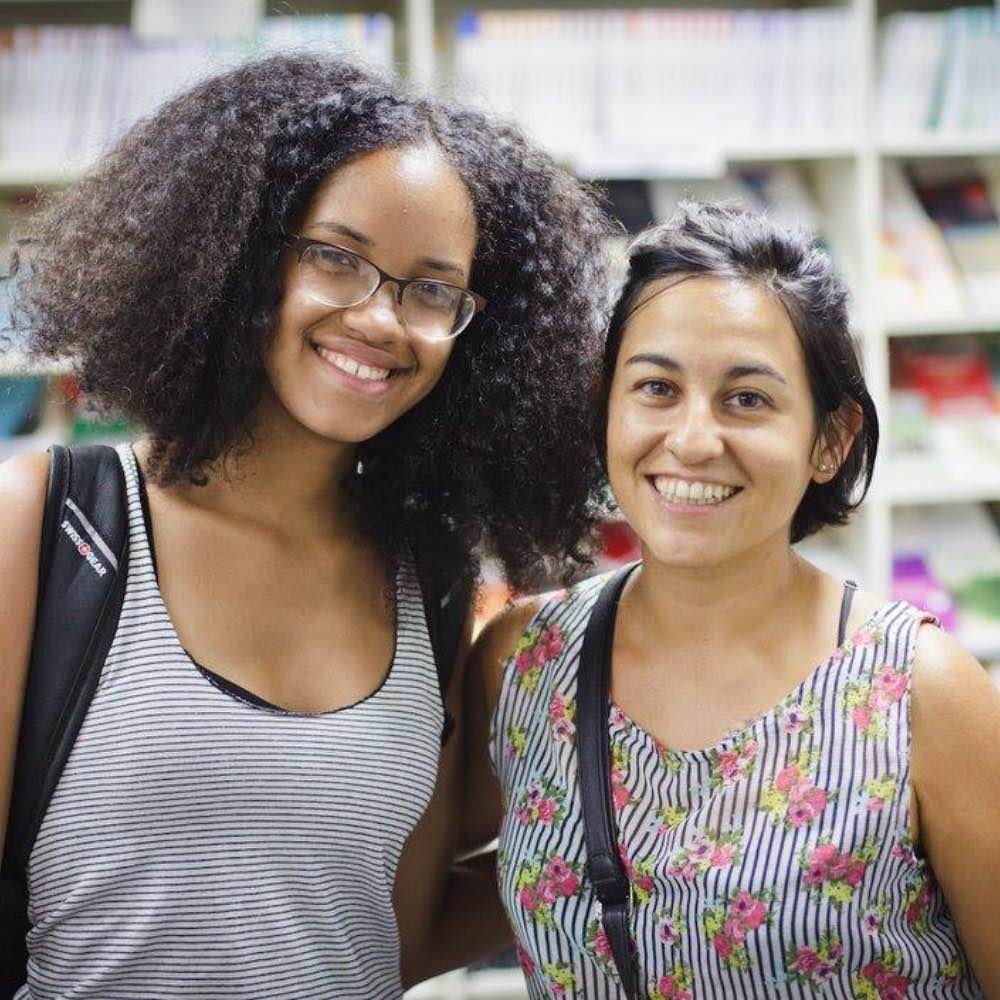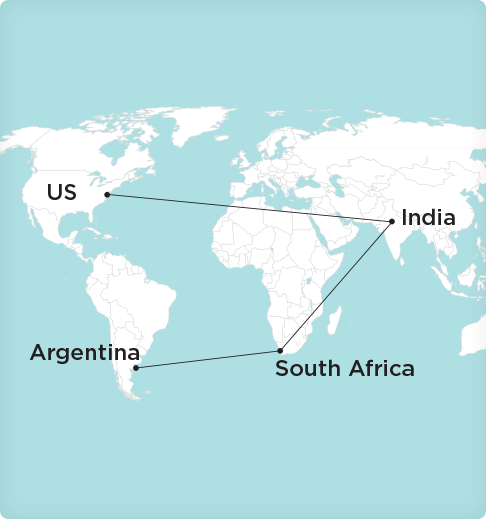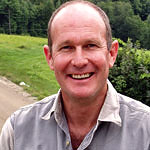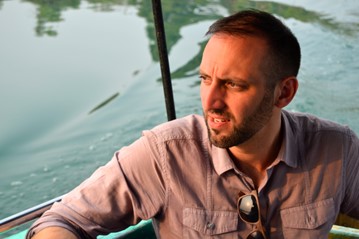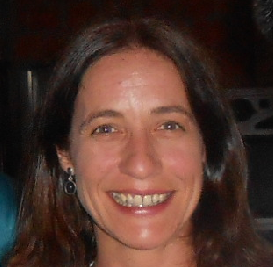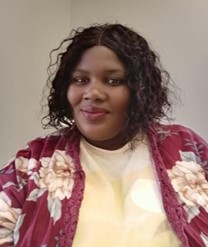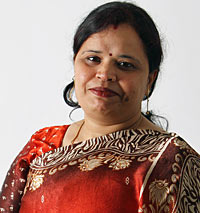Overview
Why Study Global Health and Community?
Health practices differ widely around the globe, but health inequities—between economic divides, urban and rural—are increasing exponentially everywhere. Across four continents, compare health systems and strategies, community well-being, and multiple factors affecting human health in different contexts, on both local and global scales. Journey from mega-cities to rural villages to take a holistic, interdisciplinary look at how communities around the world define what it is to achieve and maintain health.
With this scope of experiences, you will learn to critically analyze some of the most pressing health issues of this global moment such as social inequities, chronic and infectious disease, climate change, and the economic drivers of healthcare. Through site visits and research training with an array of health practitioners, government officials, and activists, you will explore health at both individual and population-wide levels, and witness how positioning health as a human right impacts policy and health outcomes at all levels. Finally, you will explore the challenges all citizens face amid mounting obstacles to healthcare access, while strengthening your ability to understand, interpret, and compare the socio-cultural, ecological, economic, political, and biological factors that shape and predict human health.
Explore a Day in the Life of an IHP student!
Photos on this page may depict program sites from previous semesters. Please view the Program Sites section of this page to see where this program will travel in a specific semester.
Highlights
- Explore unique localities and gain insights into healthcare across continents.
- Conduct in-depth, research practice in radically varied contexts.
- Experience rare opportunities to interact with healthcare leaders and local experts.
- Witness healthcare access from the sprawling megalopolis to the rural village.
Prerequisites
None, but previous college-level coursework or background in public health, anthropology, biology, or other related fields is strongly recommended.


